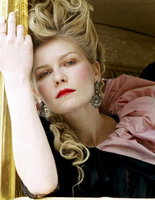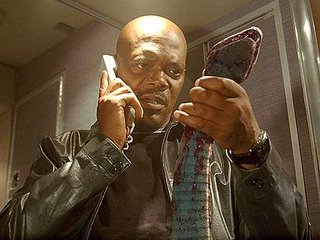#9 2002 - Nicole Kidman - The Hours as "Virginia Woolf"
#8 1950 - Judy Holliday - Born Yesterday as Emma 'Billie' Dawn
Colbert gives a warm, funny and incredibly infectious performance, her chemistry with Gable a joy to watch.
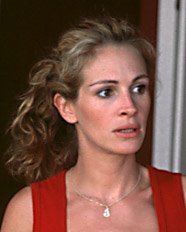 Kidman's transformation into a bleak and flawed author is seamless, and superior in one of the greatest years for this category. Blessed with impeccable comic timing, Holliday handles her role carefully and is hilarious without ever becoming cartoonish in the classic Born Yesterday.
Kidman's transformation into a bleak and flawed author is seamless, and superior in one of the greatest years for this category. Blessed with impeccable comic timing, Holliday handles her role carefully and is hilarious without ever becoming cartoonish in the classic Born Yesterday.#7 1964 - Julie Andrews - Mary Poppins as "Mary Poppins"
#6 2000 - Julia Roberts - Erin Brockovich as "Erin Brockovich"
#5 1977 - Diane Keaton - Annie Hall as "Annie Hall"
Dame Julie created a gloriously iconic childrens character out of Mary Poppins with her constant mysterious, upper-crust madness, merely hinting at an ounce of humanity. Ageing well, I find myself entranced by Roberts' performance as Erin Brockovich. She grabs the film by the scruff of the neck, driving it with her charisma, and is completely convincing in her journey. Keaton, one of my very favourite actresses is at her peak here, using her gift as one of the most natural actresses to grace the screen, to carve a dreamy counterpart to Allen's constantly battling Alvy Singer.
#4 1993 - Holly Hunter - The Piano as "Ada McGrath"
#3 1972 - Liza Minnelli - Cabaret as "Sally Bowles"
#2 1939 - Vivien Leigh - Gone with the Wind as "Scarlett O'Hara"
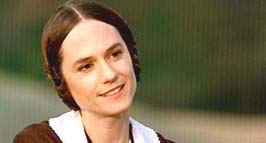 es the essence of Sally in Cabaret, switching tone a lot in her representation of a culture and attitude that however raw and honest, you can't help feel envious of. Wrenching and powerful yet often a fleeting pleasure. Scarlett O'Hara is undoubtedly my favourite character in any film. Leigh crafts a strong, charming, translucent icon, whose arc captures you for nearly four hours. At times you hate her and at times you love her, but you always watch her -- and you seldom don't admire her. Transfixing.
es the essence of Sally in Cabaret, switching tone a lot in her representation of a culture and attitude that however raw and honest, you can't help feel envious of. Wrenching and powerful yet often a fleeting pleasure. Scarlett O'Hara is undoubtedly my favourite character in any film. Leigh crafts a strong, charming, translucent icon, whose arc captures you for nearly four hours. At times you hate her and at times you love her, but you always watch her -- and you seldom don't admire her. Transfixing.#1 1951 - Vivien Leigh - A Streetcar Named Desire as "Blanche DuBois"
When deci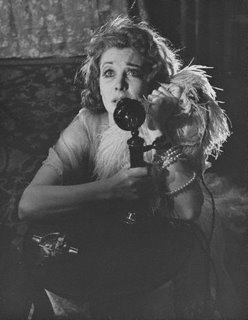 ding which Best Actress win was my ultimate favourite, it was only ever between two performances -- both by the same woman. For what Vivien displays as the devious southern belle in Gone With the Wind, she turns on its head in Streetcar, giving us a full characterisation of an unstable woman. For all of Scarlett's insecurity and depth, she always seems assured; but Vivien's Blanche is a different kettle of fish altogether. Interacting superbly with Brando she reaches the realms of dramatic acting with her utterly convincing portrayal of a woman driven into delusion by rejection, and the realisation that her life is going nowhere fast. The greatest performance I have ever seen.
ding which Best Actress win was my ultimate favourite, it was only ever between two performances -- both by the same woman. For what Vivien displays as the devious southern belle in Gone With the Wind, she turns on its head in Streetcar, giving us a full characterisation of an unstable woman. For all of Scarlett's insecurity and depth, she always seems assured; but Vivien's Blanche is a different kettle of fish altogether. Interacting superbly with Brando she reaches the realms of dramatic acting with her utterly convincing portrayal of a woman driven into delusion by rejection, and the realisation that her life is going nowhere fast. The greatest performance I have ever seen.

